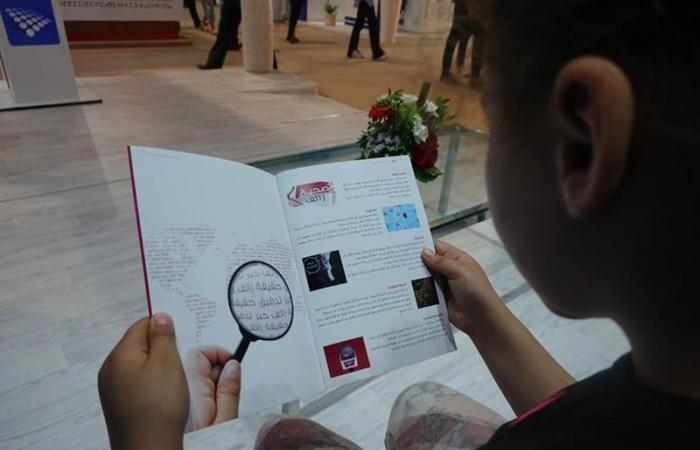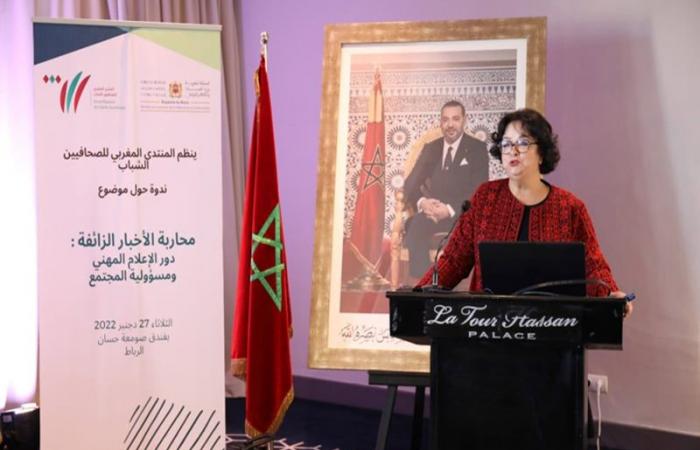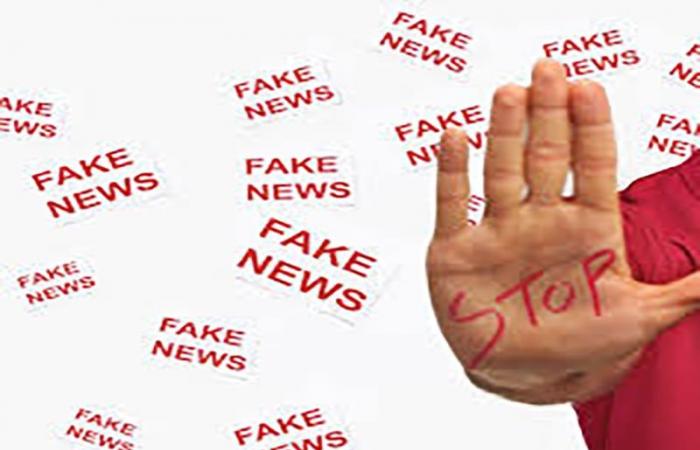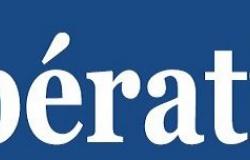In an increasingly interconnected world, where information circulates at dizzying speed, fake news is emerging as one of the major challenges for modern societies. Morocco, like other nations, is not spared from this destructive phenomenon.
The High Authority for Audiovisual Communication (HACA), aware of the risks it creates for social stability and confidence in institutions, has devoted a detailed guide to the fight against this scourge. This work highlights the mechanisms of disinformation, their impacts, and above all the solutions to mitigate their effects.
Through in-depth analysis, it reveals how the battle against fake news is as crucial as it is complex. HACA highlights the issues of fake news in Morocco and offers strategies to deal with them. Fake news (or false information) according to the Institution refers to deliberately misleading content aimed at manipulating public opinions.
This information often takes various forms (articles, videos, photos) and is widely distributed via social networks, reinforcing its virality through a strong appeal to emotion. HACA emphasizes that this manipulation not only affects trust in the media, but also social and political stability.
Approaches and tools to counter fake news
The HACA guide offers a series of tools and recommendations to effectively combat fake news. Among these measures, the development of fact-checking platforms such as SOS Fake News, initiated by the MAP agency, and projects such as Tahaqaq, position themselves as essential solutions for quickly verifying and denying false information and other rumors.
In addition, it is strongly recommended to encourage citizens to adopt rigorous verification rules, in particular by cross-checking sources, using technological tools such as Google Fact-Check Explorer or InVID, to detect suspicious content. Media education also constitutes a fundamental lever: it involves promoting critical thinking among Internet users, allowing them to better identify and avoid the pitfalls of disinformation.
Finally, the Moroccan legal framework, with provisions such as article 72 of the Press Code and article 447-2 of the Penal Code, provides for sanctions for the dissemination of false information, including fines and prison sentences. imprisonment, thus underlining the importance of a legislative approach to stem this phenomenon.
Moroccan context: a digital scourge to be countered with vigilance
In Morocco, the proliferation of fake news is particularly observed on social networks, real catalysts for the virality of content. According to the HACA guide, this false information affects sensitive themes such as health, elections, or even natural disasters. Fake news has intensified in several areas: health (during the Covid-19 pandemic), elections and education.
The report identifies major challenges, including the rapid proliferation of online rumors, often relayed without prior verification. The spread of false information related to Covid-19, such as the idea that “the virus does not survive at 26°C”, illustrates these impacts. The September 2021 elections were also targeted by fake news aimed at influencing voters' choices. The guide recalls that these disinformation campaigns, often orchestrated on a local or international scale, constitute a direct threat to democracy and healthy public debate.
HACA emphasizes the importance of proactive regulation to curb this digital scourge. Recommendations are made, such as the creation of a database on false information, the integration of fact-checking techniques into journalistic training programs, and the intensification of public awareness.
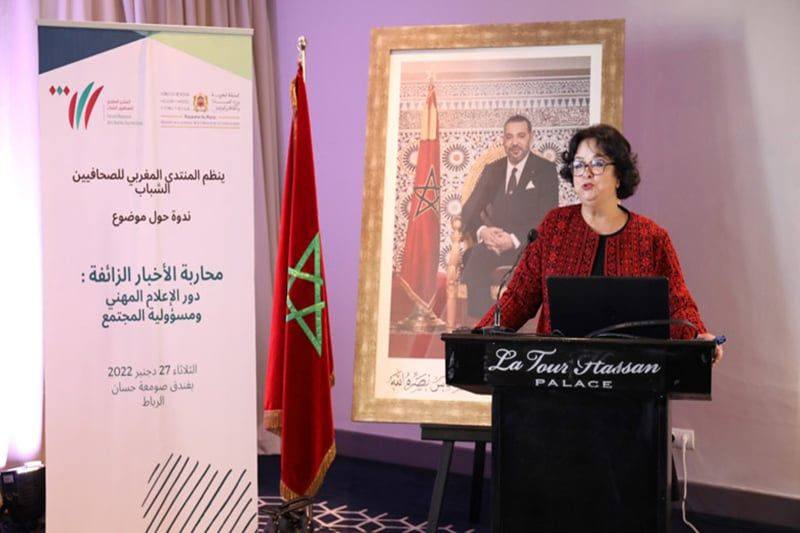
This guide, by documenting the mechanisms of fake news and proposing concrete solutions, aims to strengthen Morocco's defenses against digital manipulation. A crucial approach in a world in which verified information becomes a shield against disinformation and its devastating effects. Fake news, as the HACA guide points out, causes damage well beyond the simple digital framework.
Their impact is profoundly societal, affecting the very pillars of public trust. They undermine the credibility of media and institutions, because a widely distributed rumor can undo years of rigorous journalistic work. Furthermore, Dame fake news, like a good woman, knows how to impose herself with virulent force and sometimes devastating consequences. But, fortunately, with a little rigor and critical thinking, we can neutralize it. In the plural, they exacerbate the polarization of public opinion, by exploiting emotions to amplify social and political divisions.
The economic repercussions are not to be outdone: companies sometimes see their reputation destroyed by false information that has gone viral, which leads to considerable financial losses. The guide also emphasizes the central role of algorithms in this phenomenon. By favoring emotional content that generates more engagement, these algorithms contribute to maintaining a cycle of misinformation, where truthfulness often takes second place.
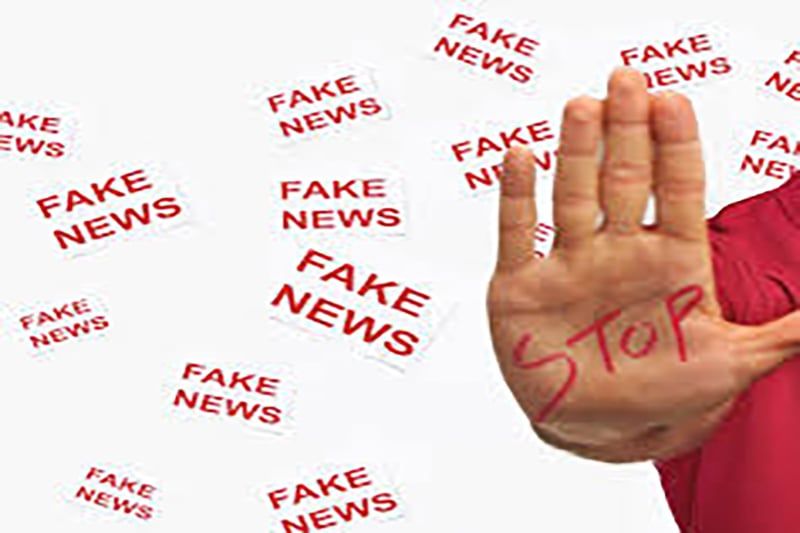
Collective and permanent battle
The HACA guide does not just draw up an observation, it also offers concrete ideas for a more secure future. However, he insists on a fundamental point: the fight against fake news is not the business of a single entity. It is a collective responsibility involving citizens, media, educators and public authorities. Citizens must develop critical thinking, the media must commit to accuracy and transparency, and institutions must provide a solid framework for regulation.
Morocco, through its initiatives and the recommendations of the guide, positions itself as an actor engaged in this global battle against disinformation. However, the road remains long. As long as fake news continues to thrive in a digital environment dominated by emotion and financial interests, vigilance must remain essential.
In conclusion, the fight against fake news in Morocco, although difficult, is an essential issue for preserving social stability and the credibility of institutions. With the HACA guide as a roadmap, the Kingdom has the necessary tools to fight this battle with determination. It remains to translate these recommendations into concrete actions to build a society better equipped to face the dangers of disinformation.

